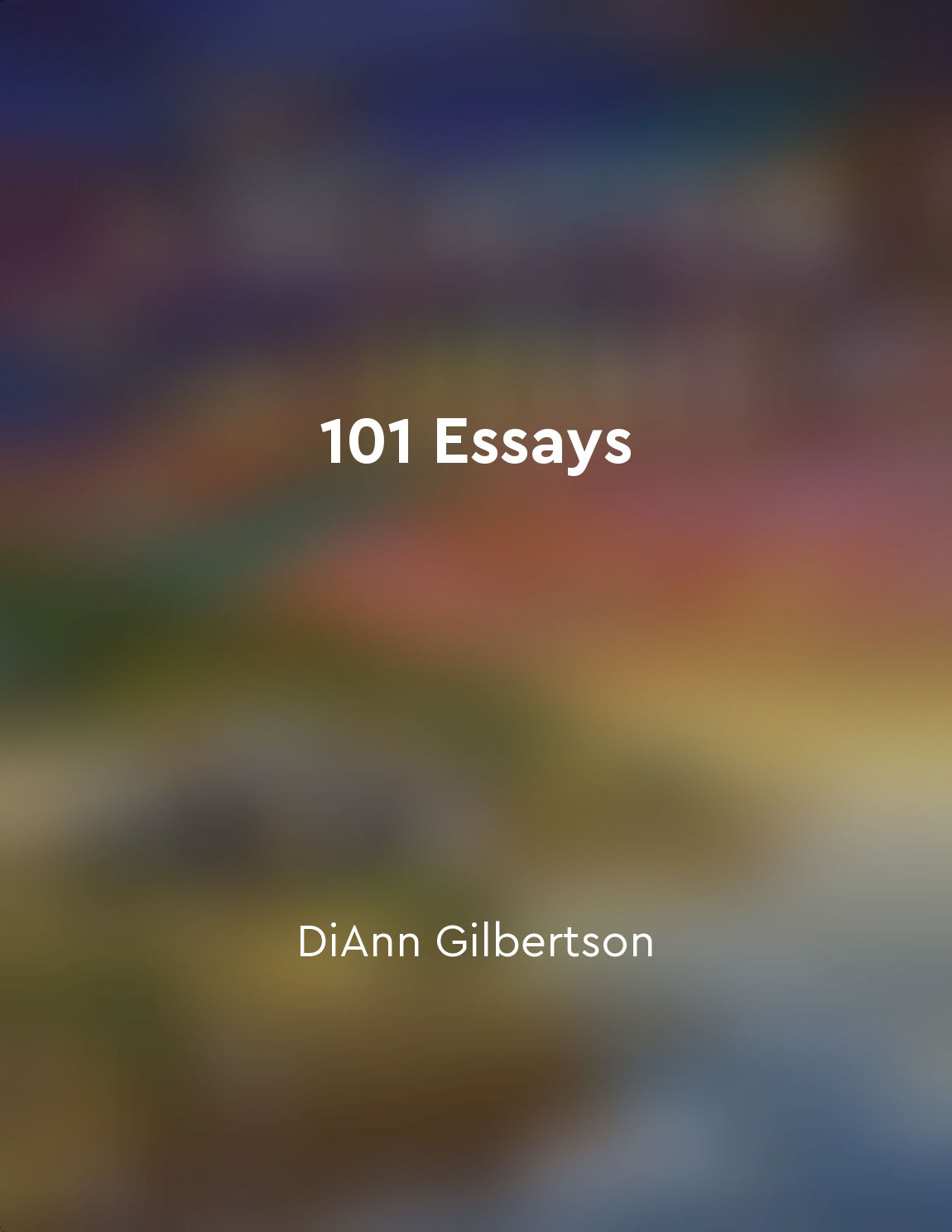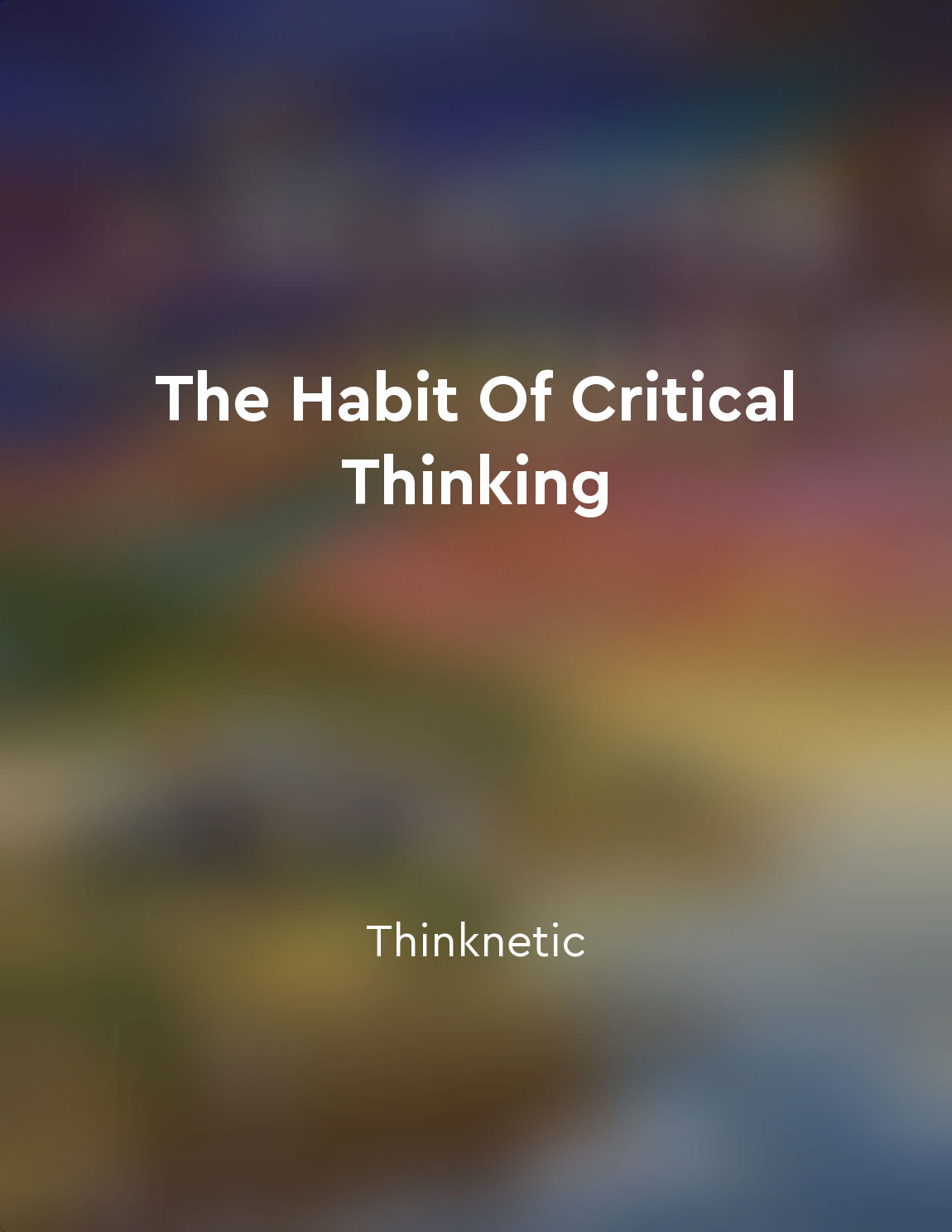Start with big picture editing from "summary" of Self-Editing for Fiction Writers, Second Edition by Renni Browne,Dave King
When you sit down to edit your own work, it's tempting to dive right in and start fixing individual sentences. But before you get bogged down in the nitty-gritty details, take a step back and look at the big picture. This means focusing on the overall structure and organization of your manuscript before you start tinkering with individual words and phrases. Big picture editing involves looking at your story as a whole and asking yourself some key questions. Does the plot flow smoothly from beginning to end, or are there gaps or inconsistencies that need to be addressed? Are the characters well-developed and consistent, or do they feel flat or one-dimensional? Does the pacing keep the reader engaged, or does the story drag in places? One key aspect of big picture editing is ensuring that your story has a clear and compelling narrative arc. This means that there is a coherent and satisfying progression from the beginning of the story to the end, with a clear sense of cause and effect driving the plot forward. If your narrative arc is weak or muddled, your story may feel disjointed or unsatisfying to readers. Another important element of big picture editing is making sure that your story has a strong and consistent point of view. This means that the perspective from which the story is told remains consistent throughout, and that the narrator's voice is clear and distinct. If your point of view shifts unexpectedly or if the narrator's voice is inconsistent, it can be jarring for readers and disrupt their immersion in the story. In addition to looking at the overall structure and organization of your manuscript, big picture editing also involves considering the themes and motifs that run through your story. Are these themes developed in a meaningful and impactful way, or do they feel superficial or underdeveloped? Making sure that your themes are woven throughout the story in a coherent and resonant way can add depth and richness to your narrative.- You can ensure that the foundation of your story is strong and solid before you move on to more detailed editing tasks. Taking the time to consider the overall structure, organization, and themes of your manuscript can help you identify and address any major issues that may be undermining the effectiveness of your story. So before you dive into line edits and word choices, take a step back and look at the big picture.
Similar Posts

The value of seeking outside perspectives on your writing
It is essential for writers to seek outside perspectives on their work. This practice allows writers to gain valuable insights ...
Craft is a skill to be honed
Craft is a skill to be honed, a tool to be sharpened, a muscle to be exercised. It is not a destination, but a journey. The roa...
Develop a sense of trust through communication
Building trust through communication is essential in any relationship, whether it be personal or professional. Trust is the fou...
Surround yourself with innovative thinkers
Surrounding yourself with innovative thinkers is essential to success. These are the people who constantly challenge the status...

It requires an open mind
To truly engage in critical thinking, one must possess the ability to approach ideas and information with an open mind. This me...
Enjoy the process of explaining
Explaining things to others can sometimes feel like a daunting task. It's easy to get caught up in worrying about whether we're...
Take consistent action
Consistent action is the key to achieving your goals. It's not just about taking action once in a while or when you feel like i...
Strive for excellence in everything you do
Always strive for excellence in everything you do. This means pushing yourself to perform at your best, whether it's in your pe...
Take calculated risks and learn from them
When you take a risk, you're not gambling. You're making a bet on yourself. It's not blind luck; it's calculated. You're not ju...
Develop good writing habits
To become a successful writer, it is essential to establish a routine of good writing habits. These habits are not merely a mat...

